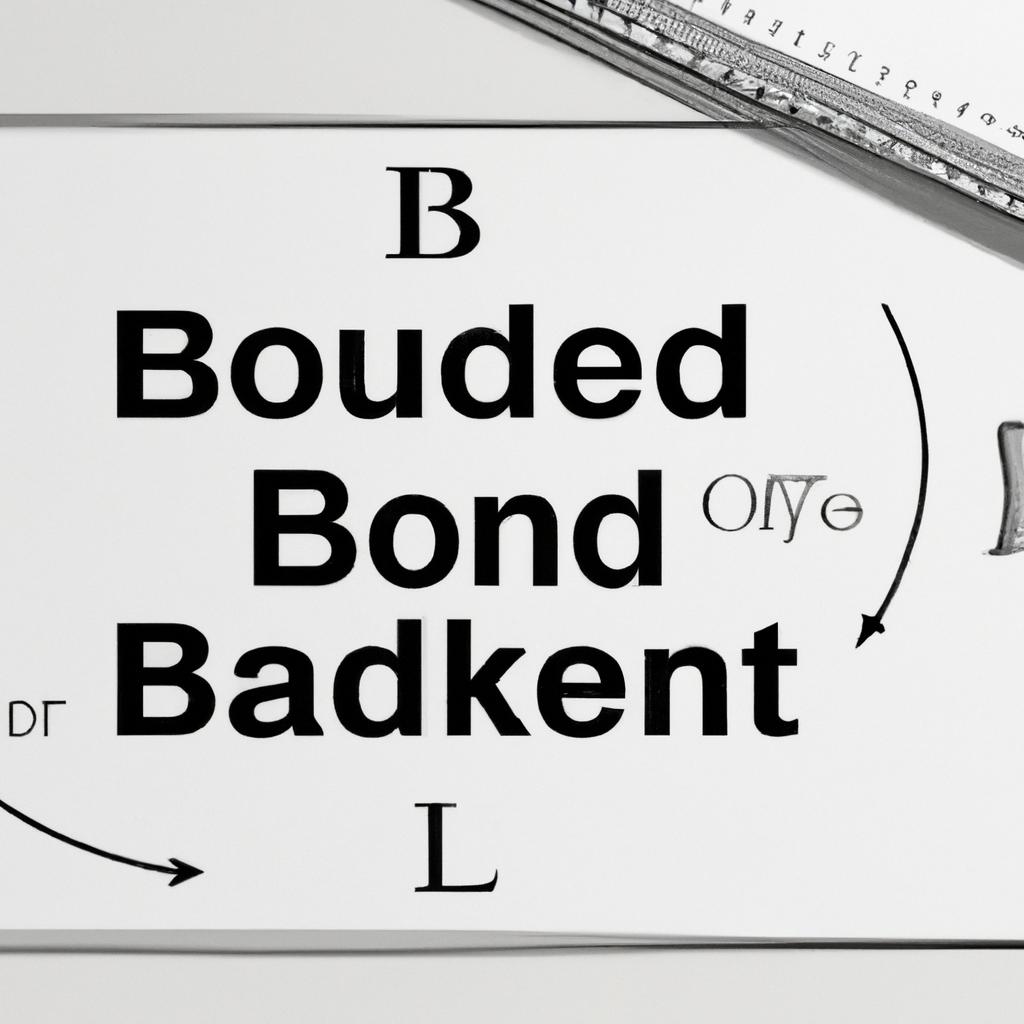In the intricate tapestry of legal proceedings, the question of court bonds often weaves its way into the fabric of discussion. As seasoned legal practitioners, we at Morgan Legal Group based in the bustling metropolis of New York City are well-versed in the nuances of estate planning, probate, elder law, wills, and trusts. Today, we embark on a journey to unravel the enigma surrounding court bonds, shedding light on the elusive question: “What does a court bond cost?” Join us as we delve into the complexities of this essential aspect of the legal realm.
Understanding the Factors that Influence Court Bond Costs
When it comes to court bonds, the cost can vary depending on a variety of factors. Understanding these factors can give you insight into why court bond costs may differ from case to case. Here are some key elements that influence the cost of court bonds:
- Amount of the Bond: One of the primary factors that determine the cost of a court bond is the amount of the bond itself. Higher bond amounts typically come with higher costs due to the increased risk involved.
- Type of Bond: Different types of court bonds, such as probate bonds or fiduciary bonds, may have varying costs associated with them. The complexity and risk involved in each type of bond can influence the overall cost.
- Creditworthiness of the Principal: The credit history and financial stability of the individual or entity obtaining the court bond can impact the cost. Those with a higher credit score and stable financial standing may be able to secure lower rates.
| Factor | Influence on Cost |
|---|---|
| Type of Bond | Higher risk bonds may result in higher costs |
| Amount of the Bond | Higher bond amounts typically come with higher costs |

Assessing the Importance of the Surety Company’s Reputation
When it comes to court bonds, one of the key factors to consider is the reputation of the surety company providing the bond. The reputation of a surety company can greatly impact the cost of a court bond, as well as the overall quality and reliability of the bond itself. A surety company with a strong reputation is more likely to provide competitive rates, reliable service, and timely payouts in the event of a claim.
Before deciding on a court bond, it is essential to thoroughly assess the reputation of the surety company. Here are some key factors to consider when evaluating the importance of the surety company’s reputation:
– **Financial Stability**: A reputable surety company should have a strong financial standing, ensuring they can fulfill their obligations.
– **Experience and Expertise**: Look for a surety company with a proven track record in providing court bonds and resolving claims effectively.
– **Customer Reviews**: Check online reviews and testimonials from other clients to gain insights into the company’s reputation.

Exploring Strategies to Secure a Competitive Court Bond Rate
Securing a competitive court bond rate is essential for individuals or businesses involved in legal proceedings. Understanding the factors that impact court bond costs can help in exploring strategies to secure a favorable rate. Court bond costs vary based on various factors such as the type of bond required, the amount of coverage needed, the creditworthiness of the applicant, and the specific jurisdiction where the bond is required.
When determining the cost of a court bond, it is important to work with a reputable bonding company that can provide competitive rates and flexible terms. By comparing quotes from different providers, applicants can ensure they are getting the best possible rate for their specific bond requirements. Additionally, maintaining a good credit history and providing relevant financial documentation can help in negotiating a lower premium. Taking the time to research and understand the court bond process can ultimately lead to significant cost savings in the long run.

Navigating the Legal Requirements for Obtaining a Court Bond
When it comes to obtaining a court bond, one of the most common questions we receive is ”what does a court bond cost?” The cost of a court bond can vary depending on a number of factors, including the type of bond required, the amount of the bond, and the individual or entity seeking the bond. In general, court bonds are typically priced as a percentage of the total bond amount. As a rough estimate, you can expect to pay anywhere from 1% to 10% of the total bond amount as a premium.
It’s important to note that the cost of a court bond is not set in stone and can vary based on the specific circumstances of the case. Factors such as the creditworthiness of the individual or entity seeking the bond, the complexity of the case, and the jurisdiction in which the bond is being sought can all impact the final cost. Additionally, some bond providers may charge additional fees for underwriting or processing the bond. Ultimately, it’s best to consult with a legal professional who can help you navigate the legal requirements for obtaining a court bond and provide you with an accurate cost estimate tailored to your specific situation.
Q&A
Q: What is a court bond?
A: A court bond is a type of surety bond required by a court to ensure that a party fulfills their legal obligations under the court’s jurisdiction.
Q: How much does a court bond cost?
A: The cost of a court bond can vary depending on several factors, such as the type of bond required, the amount of coverage needed, and the creditworthiness of the party obtaining the bond.
Q: Are there different types of court bonds?
A: Yes, there are several types of court bonds, including appeal bonds, probate bonds, guardianship bonds, and injunction bonds, each serving a specific legal purpose.
Q: How can I obtain a court bond?
A: To obtain a court bond, you will need to contact a surety bond company that specializes in providing court bonds. They will assess your individual circumstances and provide you with a quote based on the specific requirements of the court.
Q: Is the cost of a court bond refundable?
A: The cost of a court bond is typically not refundable, as it is a fee paid to the surety bond company for providing the bond. However, once the bond is no longer needed, you may be able to cancel it and receive a partial refund of the premium paid.
In Retrospect
In conclusion, understanding the cost of a court bond is essential for anyone navigating the legal system. Whether you are a defendant, plaintiff, or someone looking to secure the release of a loved one, knowing the factors that influence the price of a bond can help you make informed decisions. Remember, each case is unique, and costs can vary depending on the circumstances. By educating yourself and seeking guidance from a knowledgeable professional, you can ensure that you are properly prepared for the financial responsibilities that come with obtaining a court bond. So, next time you find yourself asking, “What does a court bond cost?” you’ll be armed with the information you need to proceed confidently.

